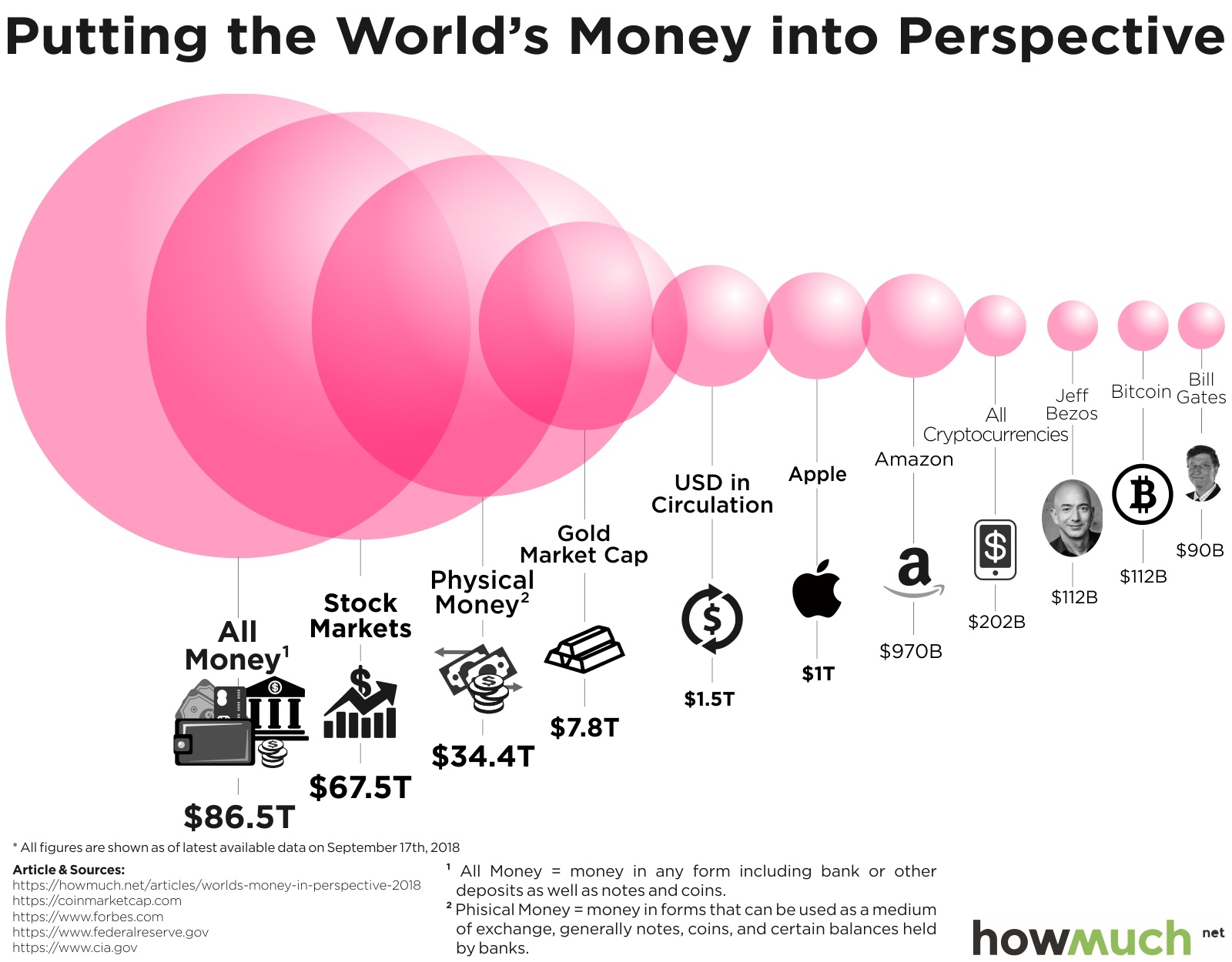
The Battle for Crypto Regulation: Why Democrats Are Pushing Back Against FIT21
As the crypto industry continues to grow and evolve, one thing is clear: regulation is inevitable. But what form that regulation takes is still very much up in the air. The latest development in this ongoing saga is the Financial Innovation and Technology for the 21st Century Act (FIT21), a bill that has sparked fierce debate among lawmakers and industry insiders alike.
 The future of crypto regulation is uncertain
The future of crypto regulation is uncertain
At its core, FIT21 aims to provide a regulatory framework for the digital assets industry, defining what constitutes a digital asset and expanding the authority of the Commodity Futures Trading Commission (CFTC). Sounds straightforward enough, right? But as with any complex issue, the devil is in the details.
Democrats, led by House Financial Services Committee Ranking Member Maxine Waters and House Agriculture Committee Ranking Member David Scott, are strongly opposed to FIT21 in its current form. And it’s not hard to see why. The bill, they argue, undermines established legal precedents and creates uncertainty in the traditional securities market.
“This language undermines decades of legal precedent and case law, thereby creating uncertainty in our traditional securities market,” the Democrat Whip’s office wrote in an email obtained by Politico.
But what does this mean in practice? For one, it could create a safe harbor for entities to file an “intent to register” with the Securities and Exchange Commission (SEC) and CFTC, effectively shielding them from securities laws and regulations until new rules are finalized. This, in turn, could weaken investor protections and open the door to fraud and market manipulation.
 Regulatory uncertainty is a major concern for investors
Regulatory uncertainty is a major concern for investors
It’s not just Democrats who are skeptical of FIT21, however. Many in the industry are worried that the bill’s overly broad definitions could stifle innovation and limit the potential of digital assets.
So what’s the way forward? As the debate around FIT21 continues to rage on, one thing is clear: finding a balance between regulation and innovation is crucial. The crypto industry needs clear guidelines to operate within, but it also needs the freedom to experiment and push the boundaries of what’s possible.
 Innovation is key to the future of cryptocurrency
Innovation is key to the future of cryptocurrency
As I see it, the key to unlocking the full potential of digital assets lies in finding a regulatory framework that is both flexible and robust. One that allows for innovation and growth while also protecting investors and preventing fraud.
It’s a tall order, to be sure. But if we can get it right, the rewards could be immense.
What do you think? Should FIT21 be passed in its current form, or does it need to be revised? Let me know in the comments below.















